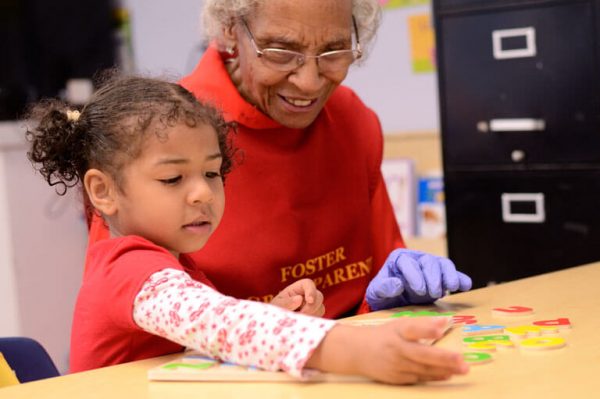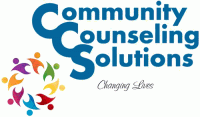
It has been documented in many studies that folks who volunteer and enjoy contact with others are generally likely to remain healthy, both physically and mentally. Giving back to the community increases one’s sense of self-worth.
Perhaps the first and biggest benefit people get from volunteering is the satisfaction of incorporating service into their lives and making a difference in their community and country.
The intangible benefits alone—such as pride, satisfaction, and accomplishment—are worthwhile reasons to serve. In addition, when we share our time and talents we:
- Solve problems
- Strengthen communities
- Improve lives
- Connect to others
- Transform our own lives
Over the past two decades there is a growing body of research that indicates volunteering provides individual health benefits in addition to social ones. This research, which is presented by the Corporation for National and Community Service (CNCS) in a report titled “The Health Benefits of Volunteering: A Review of Recent Research,” has established a strong relationship between volunteering and health: those who volunteer have lower mortality rates, greater functional ability, and lower rates of depression later in life than those who do not volunteer.
Comparisons of the health benefits of volunteering for different age groups have also shown that older volunteers are the most likely to receive greater benefits from volunteering, whether because they are more likely to face higher incidence of illness or because volunteering provides them with physical and social activity and a sense of purpose at a time when their social roles are changing.
Some of these findings also indicate that volunteers who devote a “considerable” amount of time to volunteer activities are most likely to exhibit positive health outcomes.
There are of course many different ways to volunteer: for your Church, civic club, city, county, or just helping a neighbor. These are all fine ways of volunteering.
I would like to tell you about two more ways to volunteer your time and talent. One is the Foster Grandparent Program (FGP), which is sponsored by Community Counseling Solutions (CCS). This program is federally funded and involves folks 55 years and older who want to help students in school who are struggling with reading to become better readers and better students. Students needing help are designated to volunteers by teachers at schools, and FGP volunteers tutor and mentor these at-risk youth. The FGP Program is seeking volunteers who are at least 55, have a limited income (not more than $2023 per month for one person, $2743 for a household of 2 people), and are willing to spend 20 hours per week helping students. Volunteers must be in good health and pass an FBI background check. The FGP Program is seeking volunteers in Eastern Oregon. Volunteers receive orientation and training, and are placed in a school near their home.
Benefits for volunteers include: a stipend of up to $450 per month ($2.65 per hour served) that is tax-free and does not count against any other federal or state program providing assistance; monthly in-service training; and travel reimbursement.
CCS also sponsors the Senior Companion Program (SCP), which is also federally funded and uses the same recruiting guidelines for potential volunteers as the FGP Program. SCP volunteers help seniors live independently, providing companionship through friendly visits to seniors identified by senior-serving agencies as needing assistance; respite care; and some personal care to seniors in their homes.
If either of these programs interest you, please give us a call:
FGP-SCP Program of Community Counseling Solutions
P.O. Box 1602 – 213 SW Emigrant Ave – Pendleton, OR 97801
Phone: 541-276-6074
E-mail: teresa.ohalloran@ccsemail.org
“You make a living by what you get. You make a life by what you give.” ~ Winston Churchill

